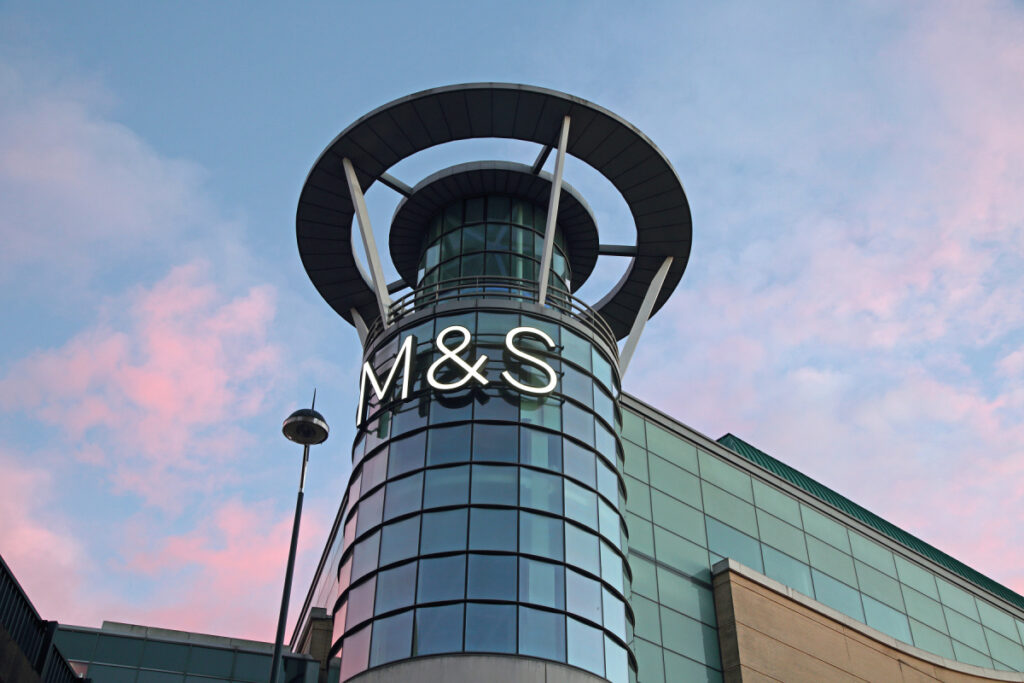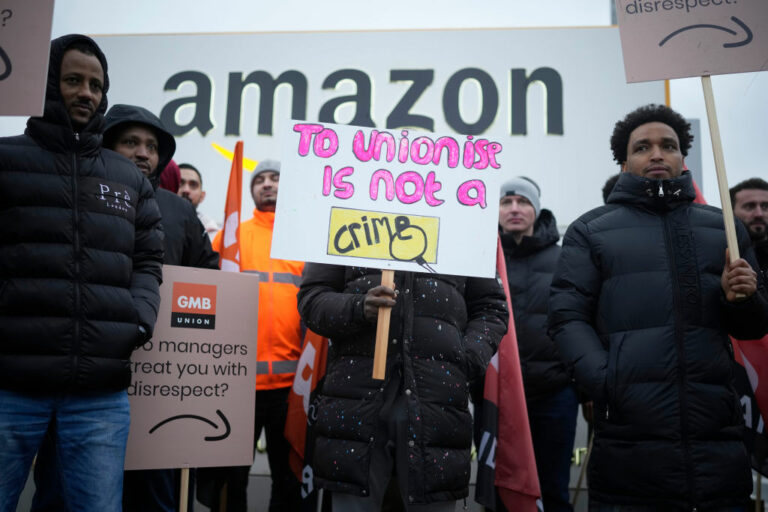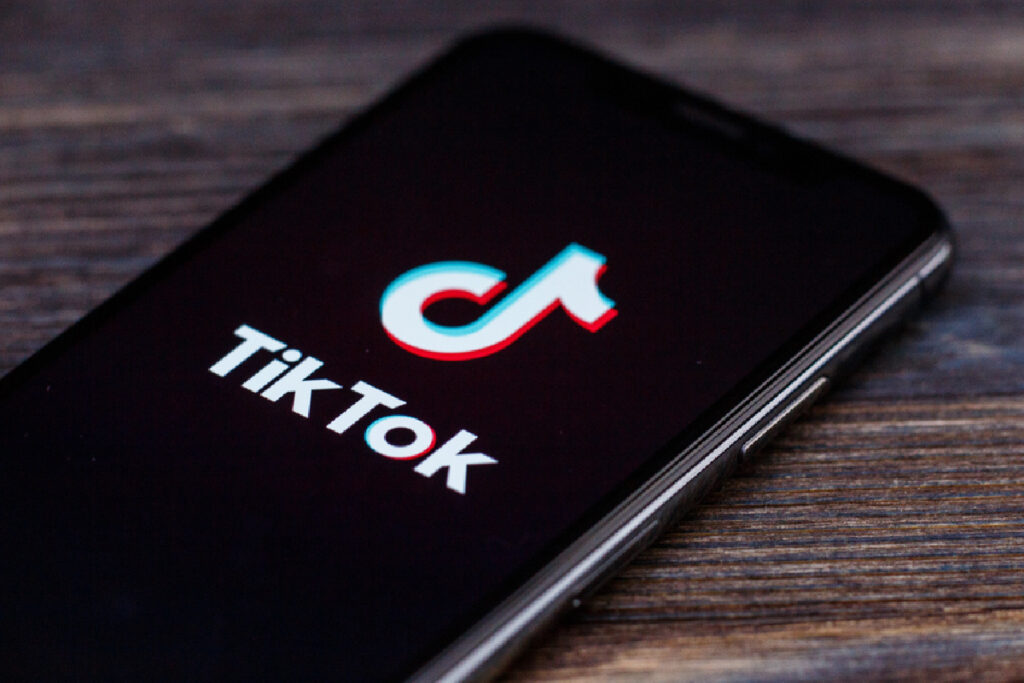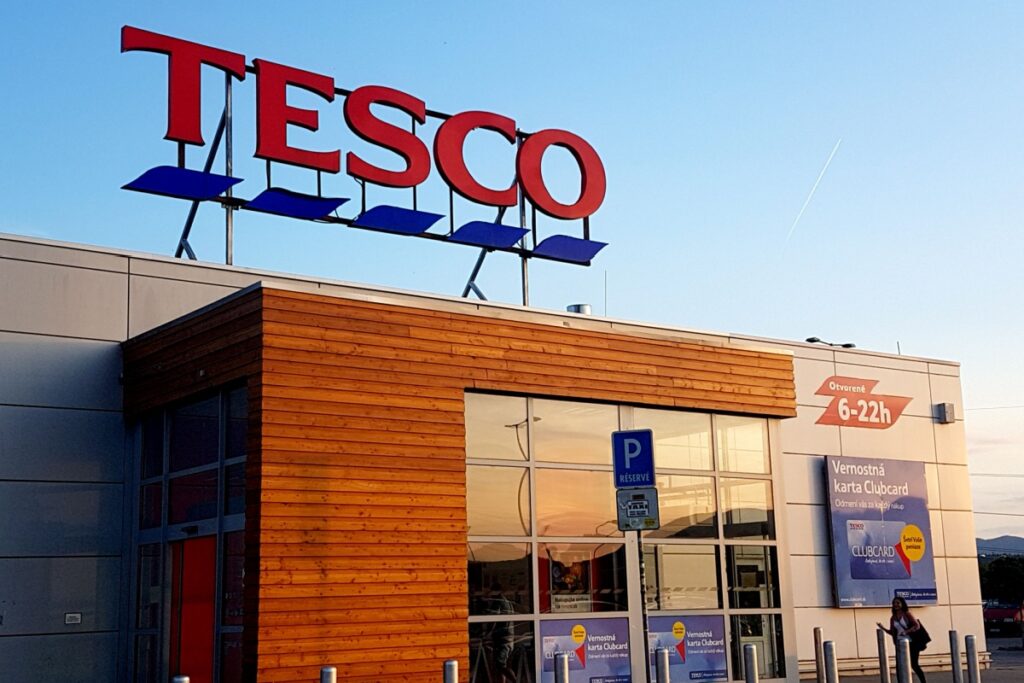Is now the best time in the past decade to be a prospective candidate in the retail sector? Are increasing consumer spending and falling inflation mutually exclusive? In a climate of low oil prices perhaps not.
Brent Crude remains under $50/barrel, less than half what it cost six months ago, and commentators, even if not OPEC, are taking seriously the prospect this lower oil price could become the new norm, for a couple of years, at least. Generally, cheaper oil will mean inflation across the globe. The effects of this on the global job market will be mixed.
In certain fortunate enclaves that had already begun a serious recovery from the Great Recession, falling oil prices will effectively act as a tax cut. But the effect on the economy of individual countries will depend to a large extent on the current situation of their labour market.
In the Anglosphere, the timing seems almost perfect. The IMF has predicted growth rates in 2015 of 3.7% in the US, 2.7% in the UK and 2.3% in Canada; these countries‘ latest unemployment rates respectively are 5.6%, 5.8% and 6.7%. In each case a low inflation rate should just prove to be fuel to the fire.
The rare combination of low unemployment and low inflation, but crucially not deflation, will encourage consumer spending as real wages rise. More elusively, that most intangible quality of all, confidence, could return to these economies, making producers more likely to invest and consequently creating new jobs.
Backing this up, the US created 252,000 jobs in December, capping off what was its best year for job creation since 1999. A British Retail Consortium survey released in early January revealed 76% of retailers expect their sales to improve in 2015 compared with 2014. Two thirds of retailers said they plan to invest more than last year while 78% said they are likely to employ more staff.
The situation in areas like the Eurozone looks very different. The IMF‘s expects economic activity in the Eurozone to grow by just 0.6% this year. Unemployment in the Eurozone remained 11.4% in December but the economic prospects of its members are highly divergent.
Germany‘s unemployment rate dropped to 6.5% in December, a record low since reunification in 1990, while Italy‘s unemployment rate rose to a new high of 13.4%. In the Eurozone as a whole, prices in January were 0.6% down on their levels a year ago. In December, the region fell into deflation for the time since October 2009, as prices fell by 0.2%.
The German economy should benefit from, or at least be maintained by, increased consumer spending and higher levels of exports this year, as the Euro is devalued by the comprehensive program of quantitative easing which the European Central Bank will begin in March. However, for the likes Italy, which has been in recession since August, deflation is likely to prolong economic malaise, keeping unemployment high and consumer spending low.
So is now the best time in the past decade to be a prospective candidate in the retail sector?
Well, yes and no, 50/50, it all depends, on a lot of different factors. What sector are you looking in? Where are you looking? Will oil stay cheap? Will consumer demand continue its tentative growth?
In general, the market for top jobs in retail is much more competitive than ten or fifteen years ago but the top jobs are also much better paid.
The grocery market generally has come under huge pressure through increased competition from discount retailers and Tesco, Sainsbury‘s and Morrisons have all announced job cuts at all levels.
With deflationary pressures abounding, falls in price lead inevitably to falls in revenue (deflation leads by definition to an increase in real wages) and it is entirely possible that more large retailers will act cautiously by cutting jobs, should consumer demand not show a steady rise.
Russia has been badly h
RELATED STORIES
















